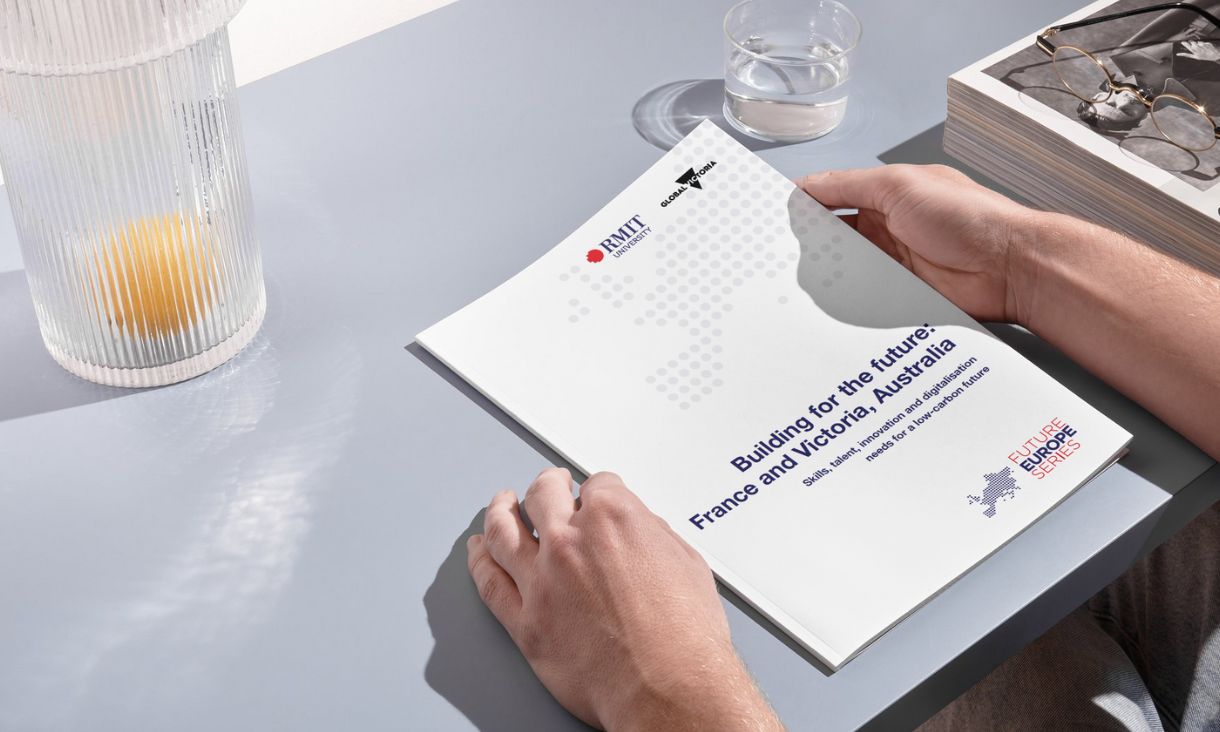“We are on the cusp of a technology-driven ‘supertransition’” - RMIT expert says deep economic change is occurring with profound consequences for business
RMIT economist Dr. Darcy Allen says the world is in an economic ‘supertransition’: profound economic change driven by the simultaneous combination of technologies.
Brand-new BCom launches for tech-minded business leaders of the future
RMIT is partnering with Accenture, ANZ, L’Oréal and Salesforce to deliver a new undergraduate degree designed for students with a keen eye on leadership.
Future Europe Series: Latest report aims to support French investment in Victoria
The latest report out of the Future Europe Series delivered by RMIT Europe and the State of Victoria’s European Trade and Investment office, has made recommendations in skills and talent, innovation and digitalisation for French companies investing in Victoria, Australia.
“We need to put power back in the hands of the people”: former ACCC chair calls for stronger government action on corporate profiteering
Professor Allan Fels AO, former chairman of the Australian Competition & Consumer Commission (ACCC), called for stronger government action to combat corporate profiteering, while delivering the 2024 Laurie Carmichael Lecture at RMIT University.





